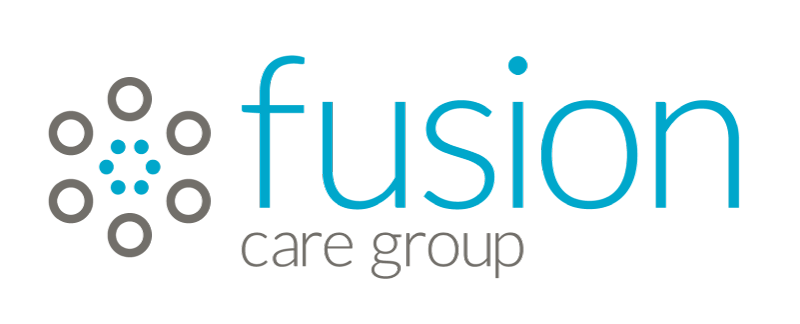What is depression?
Major depression is a serious condition characterized by a persistent sad mood, feelings of worthlessness or guilt, irritability, lack of energy, lack of desire to socialize, trouble sleeping, changes in eating, hopelessness, helplessness, and/or the inability to feel pleasure or happiness. These symptoms must be present for at least 2 weeks and have impeded the client’s normal patterns of functioning.
Dysthymia may be diagnosed if sadness or irritability is not as severe but continues for a year or longer. People with dysthymia often feel “down in the dumps.” They can have low self-esteem, feel hopeless, and even have problems sleeping and eating. Unlike major depression, dysthymia does not severely interfere with day-to-day functioning but the “down mood” is a pervasive part of the client’s world. However, at least 10% of those with dysthymic disorder go on to develop major depression.
Bipolar disorder, another type of mood disturbance, is characterized by episodes of low-energy depression (sadness and hopelessness) and high-energy mania (irritability and explosive temper). Depression usually isn’t caused by one event or reason but is usually the result of several factors.
What causes depression?
Causes for depression vary from person to person. Depression can be caused by lowered levels of neurotransmitters (chemicals that carry signals through the nervous system) in the brain, which limits a person’s ability to feel good. Genetics are likely involved as depression can run in families, so someone with a close relative who has depression may be more likely to experience it. Significant life events such as the death of a loved one, a divorce, a move to a new area, and even a breakup with a girlfriend or boyfriend can bring on symptoms of depression. Stress and chronic illness have also been shown to be related to the development of depression.
Treatment for depression
Depression can be treated with psychotherapy, medicine, and/or neurofeedback. A psychiatrist can prescribe medicine, and although it may take a few tries to find the right drug, most people who follow their prescribed regimen eventually begin to feel better. Psychotherapy focuses on the causes of the depression and works to help change negative thoughts and find ways to allow someone to feel better. Fusion Care Group utilizes cognitive behavioral therapy which has been shown to be very effective in treating depression, as well as anxious feelings that may come with it.
Fusion Care Group strives to teach our clients how to restructure the negative thoughts/feelings that are maintaining their depression, develop greater social supports, create active life plans, regain a sense of control and pleasure in life, learn coping skills, develop problem-solving skills, and/or uncover factors that have led to the depressive state.


